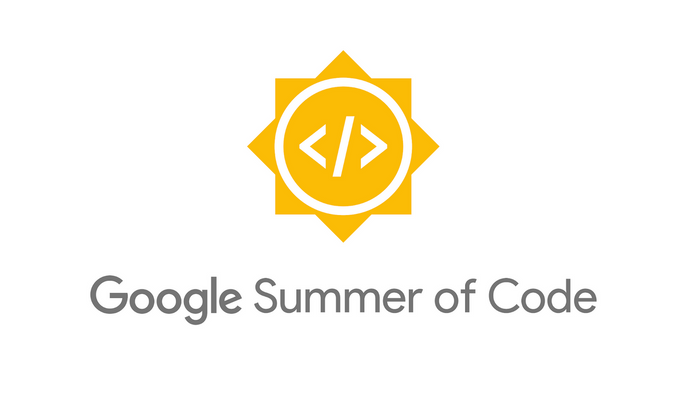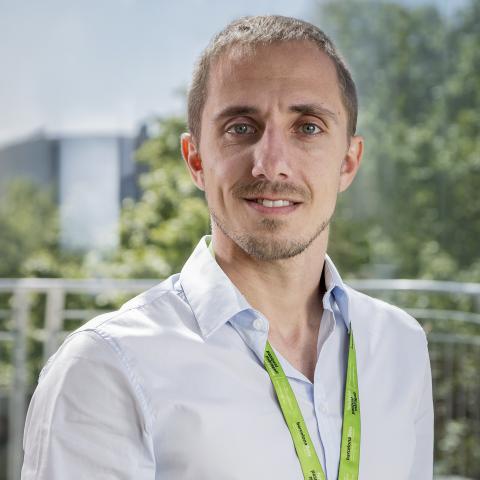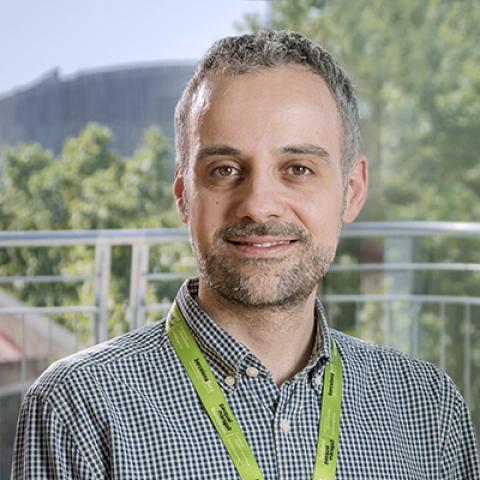26 Feb | 2020
BBRC participates in the Google Summer of Code program for Computer Science students

Google Summer of Code
Two projects from the Barcelonaβeta Brain Research Center (BBRC) have been selected to take part in the new edition of the Google Summer of Code, in partnership with the International Neuroinformatics Coordinating Facility. This program allows Computer Science undergraduate students to work on an open source development project during the summer.
This program gives students the opportunity to collaborate with organizations from around the world and to get involved with open source software development. In turn, the participating centers have mentors responsible for the training, monitoring and evaluation of the students. In the case of the BBRC, selected candidates will work on one of the two selected projects, both in neuroinformatics. They will provide critical support to researchers for the analysis of data from scientific studies, such as the Alfa Study, with the impulse of “la Caixa” Foundation.
The first project is about the development of a Python library to interact with BBRC's platform for neuroimaging data management, on which the large volumes of data from the Alfa Study are stored, processed and shared.
The second project proposed by the BBRC consists in the implementation of a visualization app for real-time monitoring, exploration and advanced quality control of large neuroimaging datasets.
I am a student: how can I participate?
Interested candidates can now start discussing their ideas in these forums or get in touch directly with the researchers (Greg Operto and Jordi Huguet, mentors of the program).
From March 16, students will be able to register their proposals. Submitted applications will be evaluated by the mentoring organization team. Selected candidates will then work with the mentors during the summer of 2020 and may receive a stipend from Google if the project is successful.
Google Summer of Code was launched in 2005 and since then over 15,000 students from over 100 countries have teamed up with mentors from over 680 organizations.











